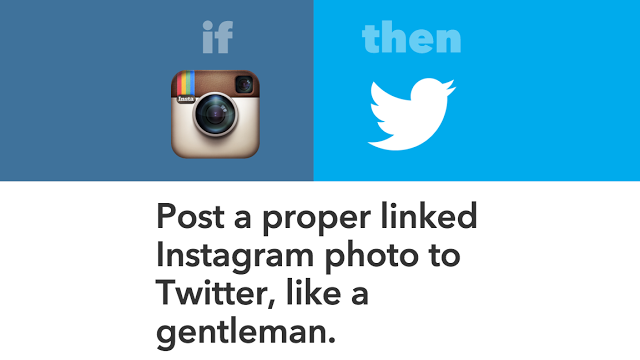The technological inertia of adulthood, signified by a diminishing willingness to do or try new things.
I have been trying, without a great deal of success, to get my friends interested in using Slack to communicate with one another. Slack is a great service with mobile apps, desktop apps, and a really slick web interface that makes communicating with bigger groups of people really simple and easy.
However, I’ve been trying to get people jazzed about better communication services for the better part of 10 years now, and I’m mostly thwarted at every turn. I honestly feel, deep in my heart, that this failing isn’t because the services I’m advocating for (Google Wave, Facebook Messenger, Google+, Twitter, Google Hangouts, Slack) are objectively bad.
That being said, I also don’t think my friends, the people I want to keep in touch with the most, are idiots for not being as excited in the next big thing as I am. I am always on the lookout for new technology, but I know I’m rare in being that way. But I also know that there is value in what I’m trying to do.
When I first got a cell phone, SMS was the only method of communication I used (aside from the very occasional phone call). When I first got an email address, I would occasionally use it to email friends, but its much more vital use was to get me logged in to MSN Messenger.
I’ve always subscribed to a vast number of different communications services (as I broke down in my last post about this stuff), and I use many of them to keep in touch with just a handful of people. The people I talk to on a regular basis interact with me in a startling number of ways:
- Some people I know I can reach most easily with SMS
- Some I know will only check Facebook sporadically
- Some who keep data turned off unless it’s an emergency
- Some people I will only message through Google Hangouts
- Some people answer messages during the day through one chat platform, but use another platform the rest of the time (even though both are available to them at all times).
In trying to make Slack a thing with my closest friends, what I’m really trying to do is make it really easy for those people to know exactly where and how they can reach me and each other, all the time. Maybe, for some people, that’s actually a failed premise. It’s just something that’s never going to happen.
It might be that no matter how hard I try, some people are just going to send me a text message when they want to reach me. And perhaps, that won’t change.
Liberal youth grow older and more conservative, even if their values never actually change in the process. I’m going to do my best to be adaptable, while advocating for new and better at every turn. We don’t have to define ourselves by who we are now, we can choose to present ourselves as the best we can be in the future.
Communication is a social contract we all enter into, and having it formalized might be scary or uncomfortable to some people. I don’t think it’s too lofty a goal to aim for better than a 14 person group thread in Facebook Messenger as a way for people from all walks of life to interact and figure their lives out. We can do better, and while I’m suggesting one specific option, I’m just trying to do the best I can today.



